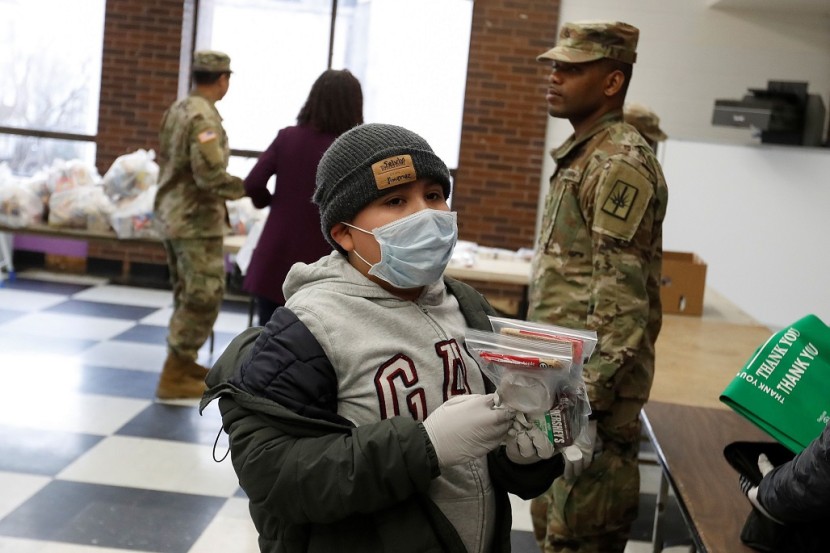
A respiratory illness has become the primary point of conversation in the U.S. Today, it was officially announced as a global pandemic by the World Health Organization (WHO).
The novel coronavirus originated in China and has so far infected more than 115,800 people worldwide, including at least 1,000 in the U.S, and has more than 4,200 fatalities across the globe.
A pandemic is a global outbreak of a serious new disease that needs "sustained transmission throughout the world," according to Anthony Fauci, director of the National Institute of Allergy and Infectious Diseases.
Many think the word "pandemic" can be associated with the 1918 flu pandemic that killed tens of millions of people but by definition, a pandemic does not require that scale of destruction. Thus, it is a loosely defined term.
Dr. Tedros Adhanom Ghebreyesus, WHO director-general, said this phenomenon is a crisis that will touch every sector, so every sector and individual must be involved.
Meanwhile, an epidemic refers to a small increase in the spread of a disease within a specific community.
"We are deeply concerned both by the alarming levels of spread and severity (of COVID-19), and by the alarming levels of inaction," Ghebreyesus said.
This is the first time WHO has announced a coronavirus to be a pandemic.
WHO specified that framing the situation as a pandemic does not change their assessment of the virus or affect their overall response plan. Countries all over the world have shifted into a pandemic response plan.
Also Read : Tom Hanks, Wife Rita Wilson Share How It Feels to Have Coronavirus After Testing Positive
The director-general said that they expect to see the number of cases, the number of deaths, and the number of affected countries soar higher. WHO continues to closely monitor the prevalence of the virus. They have called every day for countries to urgently and aggressively respond to the pandemic.
COVID-19 is a disease caused by the virus known as SARS-CoV2.
According to Ghebreyesus, the number of cases outside China had increased 13-fold in two weeks.
Italy closed all shops except food shops and pharmacies. Hairdressers, bars, restaurants, and cafes that could not provide a meter's distance between customers and non-essential company departments would also close, declared Prime Minister Giuseppe Conte.
WHO last called an outbreak a pandemic during the H1N1 swine flu in 2009.
The health emergency has reached its highest level, but Ghebreyesus said hope remains that COVID-19 can be curtailed.
Eight countries including the U.S. are now each recording more than 1,000 cases of the novel coronavirus.
The determination of an outbreak to be a pandemic is based on the severity of illnesses it causes, geographic spread of disease, and its effects on society.
The director-general pointed out that "pandemic" is not a word to use lightly or rashly. "It is a word that, if misused, can cause unreasonable fear or unjustified acceptance that the fight is over, leading to unnecessary suffering and death."
Related Article : 44 Killed by Alcohol Poisoning in Iran in an Effort to Cure Coronavirus
© 2025 HNGN, All rights reserved. Do not reproduce without permission.








